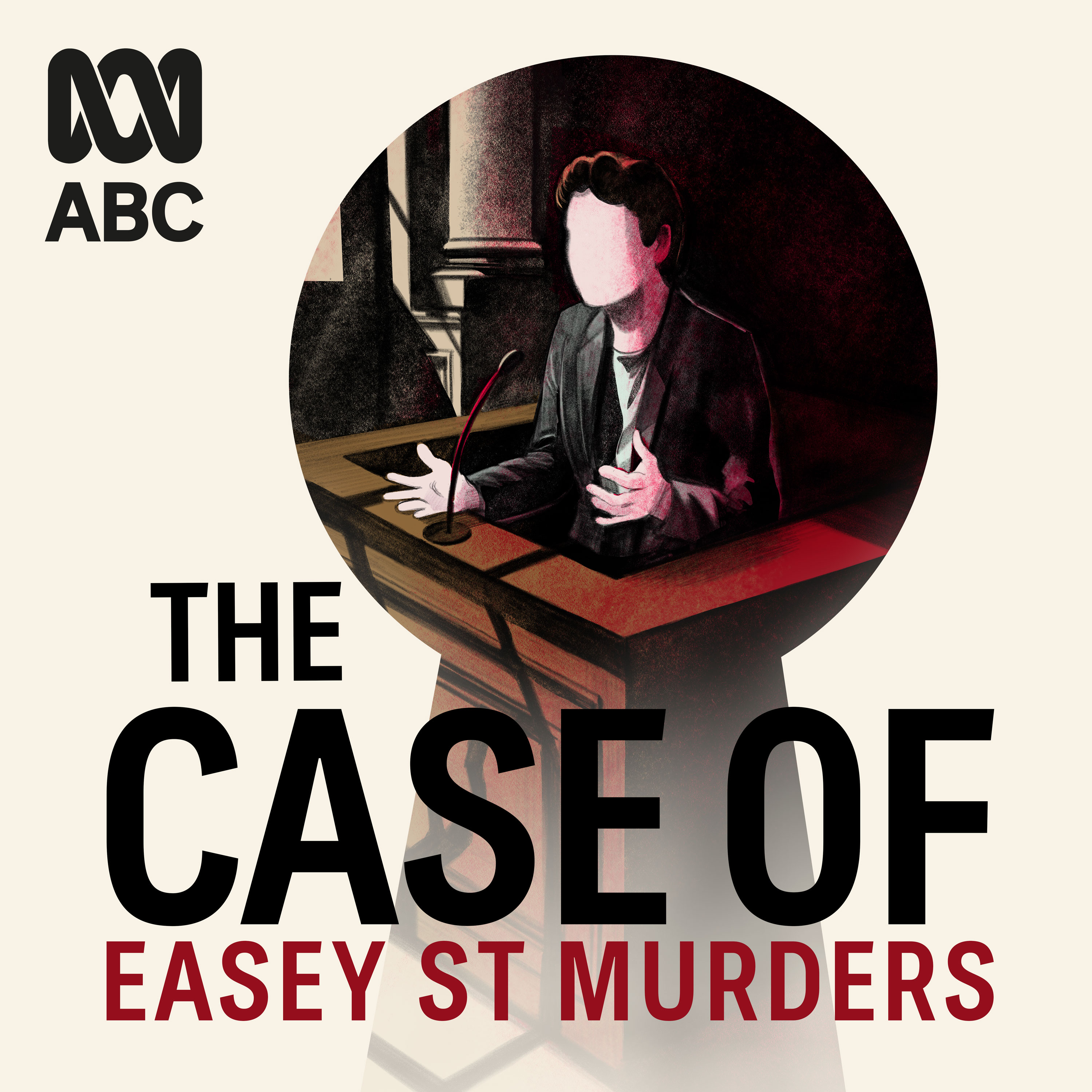Croc Wrangler: Dodgy helicopters, croc eggs, police bugs – the questions we couldn't answer
Some of the best questions we get are ones we can't answer during the trial because they haven't been addressed before the jury. Finally, now we can.
In this episode Olivana Lathouris and Matt Garrick dive into The Case Of mailbag and explain if Matt Wright could still be found responsible for the helicopter crash, the legalities of police bugs and why croc eggs are collected in the wild (with Executive Producer Clare Rawlinson sharing her experience on a croc egg collection trip).
You can read more about Matt Garrick's investigation into the Australian helicopter industry in this article — Chopper cowboy culture exposed in croc wrangler trial.
If you have any questions you'd like Oli and Stocky to answer in future episodes, please email thecaseof@abc.net.au.
The Case Of is the follow-up to the hit podcast Mushroom Case Daily, and all episodes of that show will remain available in the back catalogue of The Case Of.
--
It's the trial everyone in Darwin is talking about. In February 2022 a helicopter on a crocodile egg collection mission crashed in remote Arnhem Land, killing the egg collector and paralysing the pilot.
NT Croc Wrangler Matt Wright isn't on trial for the crash, but for what allegedly he did after. Charged with attempting to pervert the course of justice, prosecutors say he tried to interfere with the investigation.
Matt Wright has pled not guilty and denies all the allegations.
To hear the background of this story, listen to our episode introducing the case of the croc wrangler.
The Case Of is the follow-up to the hit ABC podcast Mushroom Case Daily. The response to Mushroom Case Daily was overwhelming, with more than 8000 emails from listeners, many of them noting how the coverage had given them unprecedented insight into Australia's criminal judicial system.
We decided to convert the podcast into an ongoing trial coverage feed to continue delivering on this front, following cases that capture the public's attention.
Press play and read along
Transcript
Transcript is processing—check back soon.



